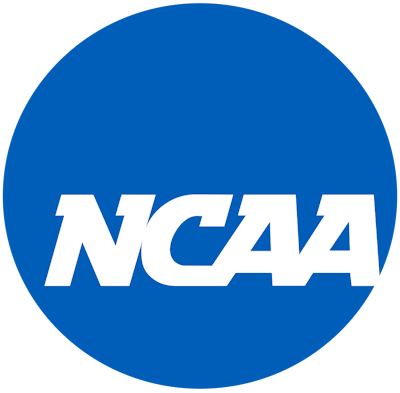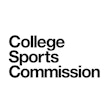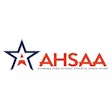
The Division I Council on Tuesday adopted changes to the infractions process that clearly define exemplary cooperation in the infractions process and how that cooperation impacts prescribed penalties — including the removal of a postseason ban — for most cases. The changes are effective Aug. 1.
Moving forward, schools and individuals can earn exemplary cooperation during an infractions case by doing any of the following:
- Volunteering all pertinent school and personal information that is in the party's possession or should be reasonably expected to further the infractions process and its expectations.
- Identifying individuals to be interviewed of whom the enforcement staff might otherwise be unaware.
- Expending substantial resources (financial, dedication of personnel, unfettered access to information) to expedite the gathering of information.
- Taking sufficient action to address violations through self-imposed penalties or proposing meaningful corrective measures.
- Recognizing and bringing to the attention of the enforcement staff violations related to the investigation about which the enforcement staff might otherwise be unaware.
"The NCAA is a membership organization, and a fundamental expectation of being a member school is that we will all cooperate with the investigation of potential violations of our rules," said Geoffrey S. Mearns, chair of the Division I Board of Directors Infractions Process Committee and president at Ball State. "This change will provide a clear and compelling incentive for parties to exceed the baseline level of cooperation, which will lead to quicker resolution of potential violations."
If a Committee on Infractions hearing panel determines that a school or party has demonstrated exemplary cooperation, the panel will reduce the case by one classification level (for example, Level I-standard will become Level I-mitigated), which impacts the penalties assessed by the committee.
For all cases in which a party earns exemplary cooperation — with the exception of those who are considered a repeat violator — the panel would not prescribe a postseason competition ban. For repeat violators, the Committee on Infractions would continue to have the discretion to assess that penalty in certain Level I cases.
Increased fines
The council also voted to increase the minimum fines for Level I and Level II violations from a starting point of $5,000 to a range of $25,000-50,000, depending on the level of the violations and any relevant aggravating or mitigating factors in a case. The change also increases the potential percentages of additional financial penalties from 1% to up to 10% of a sports program's budget, depending on the level of the violations and aggravating and mitigating factors in a case.
The change comes after feedback from NCAA members, including recommendations from the LEAD1 Association, that support more significant fines in the infractions process as a meaningful penalty or deterrent.
Vacation of records
The council discussed the application of the vacation-of-records penalty in infractions cases, in which it largely supported the application of the penalty for cases involving ineligible student-athletes but expressed concerns about applying the penalty in cases where the violations resulted from administrative errors by the school.
The Division I Board of Directors Infractions Process Committee is considering whether the vacation-of-records penalty should be a legislated core penalty for infractions cases. Core penalties are mandatory for cases involving certain violations. Currently, vacation of records is considered an optional penalty for cases in which student-athletes competed while ineligible, but it is frequently applied in practice as if it were a core penalty for cases involving eligibility issues. The Infractions Process Committee will continue to deliberate on the penalty during its July meeting.




































